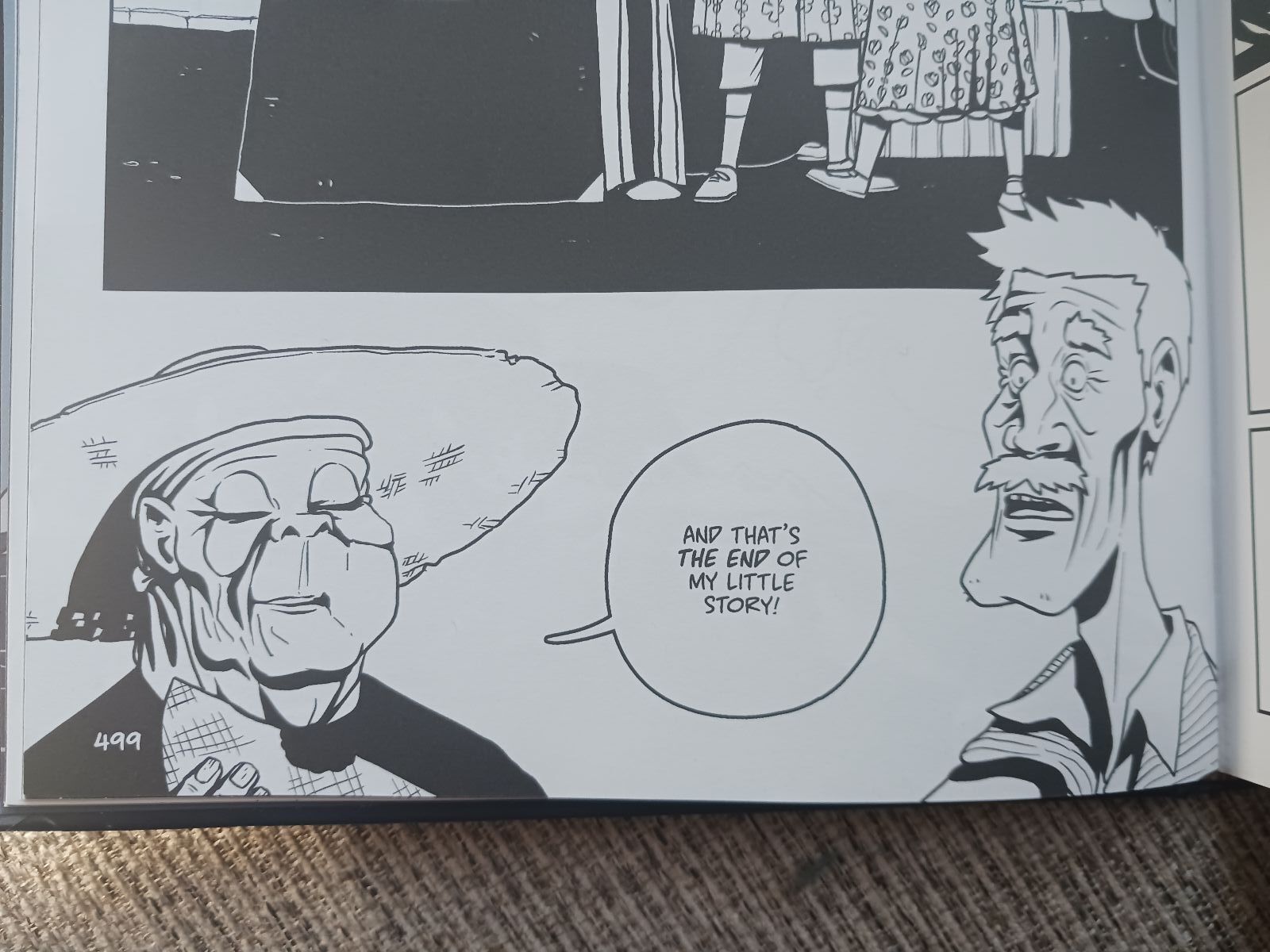(no subject)
Mar. 24th, 2025 10:04 pmOver the past month or so ![[personal profile]](https://www.dreamwidth.org/img/silk/identity/user.png) genarti,
genarti, ![[personal profile]](https://www.dreamwidth.org/img/silk/identity/user.png) shati and I have watched several Korean movies, of which I thought one was very good, one was very fun, and one was very chaotic ...
shati and I have watched several Korean movies, of which I thought one was very good, one was very fun, and one was very chaotic ...
Mal-Mo-E: The Secret Mission is the one that I thought was the best of the three or at least most relevant to my personal interests; it's about the efforts of the Korean Language Society to secretly compile and publish a Korean-language dictionary during the Japanese occupation and is full of people being very passionate and heroic about etymology and phonetics and the representation of regional dialects. Wikipedia calls this a comedy-drama and we had a spirited debate at the end about the degree to which it was Comedy; it is a bit funny in that there is an Odd Couple (jovially illiterate scoundrel trips and falls into a job working for the dictionary, where he has an enemies-to-coworkers relationship with the noble but uptight dictionary team boss) but also this is a movie set during the Japanese occupation so you know that by the end someone and perhaps many people are going to die heroically and you are going to feel things about it.
I liked Mal-Mo-E very much and I also liked Phantom very much, which is also a Japanese occupation film but one that is both Higher Drama and Higher Nonsense. In this movie the Japanese army is trying to identify the leader of a revolutionary organization so they stage an elaborate psychodrama in which they trap five suspects in a luxury cliffside hotel and inform them all that they must figure out among themselves who the spy is. Things Escalate. Guns! Nuns! Determined middle-aged women spider-scaling the walls of a hotel over a sheer drop to the sea! Important to note that I had picked this one up because I heard there were backstory lesbians and a.) this is true b.) the lesbian energy of the film overall is absolutely off the charts.
Phantom is definitely all Drama and no Comedy; The Grand Heist by contrast is all Comedy and very little Drama except that people still occasionally do get tortured and murdered by the state. But otherwise! This was a wildly popular film in Korea and I have to wonder if our subtitles were just particularly bad because none of us for the life of us could track what was happening in the plot other than "ICE HEIST." And to be clear, 'ice heist! because it's the 18th century and ice is an incredibly valuable commodity!' is a fantastic premise. Why did the movie also include a trip to 18th-century Amsterdam by way of Egypt? couldn't tell you. Why were half the guys in the heist gang necessary to the heist? couldn't tell you. What did the two women see in their designated love interests? absolutely could not tell you. I did really enjoy the bickering children heist members although again I could not tell you why they were there.
Mal-Mo-E: The Secret Mission is the one that I thought was the best of the three or at least most relevant to my personal interests; it's about the efforts of the Korean Language Society to secretly compile and publish a Korean-language dictionary during the Japanese occupation and is full of people being very passionate and heroic about etymology and phonetics and the representation of regional dialects. Wikipedia calls this a comedy-drama and we had a spirited debate at the end about the degree to which it was Comedy; it is a bit funny in that there is an Odd Couple (jovially illiterate scoundrel trips and falls into a job working for the dictionary, where he has an enemies-to-coworkers relationship with the noble but uptight dictionary team boss) but also this is a movie set during the Japanese occupation so you know that by the end someone and perhaps many people are going to die heroically and you are going to feel things about it.
I liked Mal-Mo-E very much and I also liked Phantom very much, which is also a Japanese occupation film but one that is both Higher Drama and Higher Nonsense. In this movie the Japanese army is trying to identify the leader of a revolutionary organization so they stage an elaborate psychodrama in which they trap five suspects in a luxury cliffside hotel and inform them all that they must figure out among themselves who the spy is. Things Escalate. Guns! Nuns! Determined middle-aged women spider-scaling the walls of a hotel over a sheer drop to the sea! Important to note that I had picked this one up because I heard there were backstory lesbians and a.) this is true b.) the lesbian energy of the film overall is absolutely off the charts.
Phantom is definitely all Drama and no Comedy; The Grand Heist by contrast is all Comedy and very little Drama except that people still occasionally do get tortured and murdered by the state. But otherwise! This was a wildly popular film in Korea and I have to wonder if our subtitles were just particularly bad because none of us for the life of us could track what was happening in the plot other than "ICE HEIST." And to be clear, 'ice heist! because it's the 18th century and ice is an incredibly valuable commodity!' is a fantastic premise. Why did the movie also include a trip to 18th-century Amsterdam by way of Egypt? couldn't tell you. Why were half the guys in the heist gang necessary to the heist? couldn't tell you. What did the two women see in their designated love interests? absolutely could not tell you. I did really enjoy the bickering children heist members although again I could not tell you why they were there.

